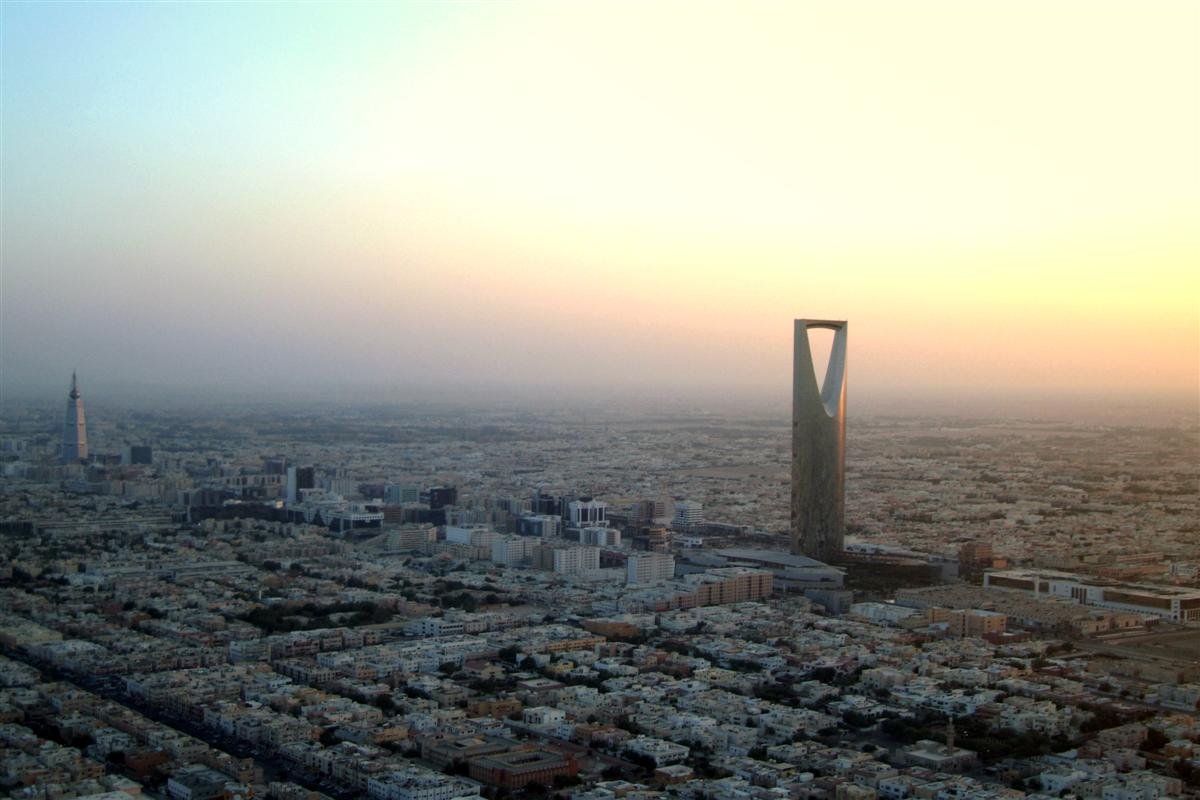Last year, New York University (NYU) announced an agreement with the Emirate of Abu Dhabi to build NYU Abu Dhabi. The research university, with a complete integration of a liberal arts and science college, will be the “first world-class, liberal arts university in the Middle East.”
NYU Abu Dhabi is still underway, with the first formal academic year planned to start on the fall of 2010. NYUAD, which offer NYU B.A. and B.S. degrees, as well as specialized graduate programs, is projected to enroll at least 2,000 undergraduate students and approximately 800 graduate students. The students will be admitted from all over the world, especially the broad Middle East and South Asia.
The campus will be located on Saadiyat Island, 500 meters off the coast of Abu Dhabi. This island is still not developed, but is being planned for a population of 150,000 people.
The convergence of NYU and Abu Dhabi, the capital of both the emirate of Abu Dhabi and the United Arab Emirates, highlights every university’s race to take the lead on globalization. An increasing number of American research universities have been expanding internationally, many of which have created programs in the Middle East.

